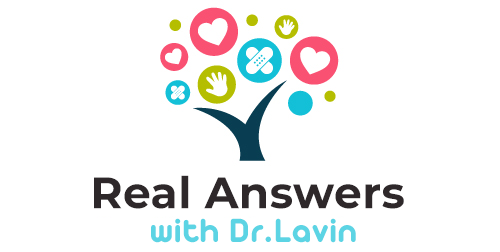On January 12, 2017, the New England Journal of Medicine (www.nejm.org), the leading medical journal, published a major study on how well some heavy duty drugs do to control recurring, frequent migraine headaches in children.
The study looked at three drugs:
- Amitriptyline (Elavil)
- Topiramate (Topamax)
- Placebo
And they asked, how well did each do in the following measures:
- How many people treated with each pill experience a sharp drop in the severity of their headaches?
- How many people treated with each pill experience a sharp drop in the frequency of their headaches?
- How many people treated with each pill experience an improvement in their daily life?
- How many people treated with each pill experience bad side effects?
In every measure, placebo won and won big.
- The two drugs failed to decrease the severity of the headache pain as well as placebo.
- The two drugs failed to decrease the frequency of the headache pain as well as placebo.
- The two drugs failed to improve the well being of the kids as well as placebo.
- Placebo had far fewer side effects than the drugs.
An impressive observation was that kids taking placebo experienced a lot of relief, fewer headaches, milder headaches, with far fewer side effects, and the level of improvement was about 50%
The Journal always picks one or so articles each week to feature with an editorial comment, this was the only such featured article that week. In the review, it was noted that much of the medical literature agrees that no medication appears very effective to stop recurrence of frequent migraine headaches in children.
This is very disappointing news. Elavil has been prescribed to probably millions of children suffering from migraines over the many decades of its use, and is still a favored drug by pediatric neurologists at Rainbow, the Clinic, and across the US. Topamax represents a far newer generation of drugs that impact the brain, mainly to control seizures, but widely prescribed for migraine headaches. This sort of drug is also very frequently prescribed for migraine headaches. Both are standard current options.
So it is very big news that the medical literature is piling up more and more evidence that these two drugs simply do not work, at no better than water.
What to Do?
This leaves all of us who either suffer from regularly recurrent migraines and those who care for them with no very good medication to stop this from happening.
In the absence of such medication, it does appear that any comforting measure can be actually quite helpful. If placebo succeeds in providing relief as much as 50% of the time, that means anything you can do to trigger a belief that an intervention will “work,” has a very high chance of indeed working.
BOTTOM LINES
- Migraine headaches are by far the most common recurring type of headache, about half of all humanity will experience them. They can start at a very young age.
- This recent study provides a convincing level of proof that two of the mainstays of medication options to stop migraines from recurring, do not work. Elavil and Topamax, both very widely prescribed by pediatricians, neurologists, and headache experts to children, are now known to work no better than placebo.
- Placebo works about 50% of the time, which is a very high rate, so any medication that triggers the placebo response will work, just at 50% of less of the time.
- As of now, there are no known medications or drugs that stop migraines from happening any better than a placebo does, so it makes little sense to expose our children to drugs with many side effects for no benefit beyond that achieved with a tablet of starch.
- But, placebo works awfully well, about half the time, so any comfort measure or intervention that is safe, that “works,” is a good idea.
To your health,
Dr. Arthur Lavin








No comments yet.